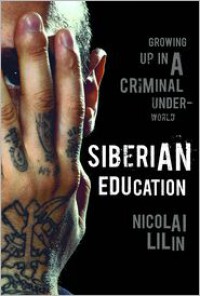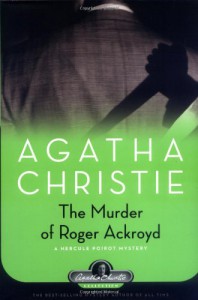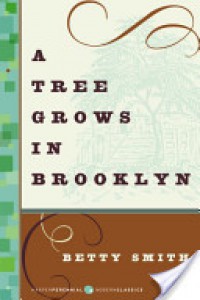

Even if the title, "The History of Sexuality", would suggest a regular exploration of the customs, traditions and concepts regarding sexuality during the course of centuries - and it would have been interesting anyway - actually Foucault proposes a different study from the beginning. Given that he has always been interested in the matter of power, he dusts off the duo sexuality-repression.
In fact, excluding the last decades, believing that society armed itself for silencing the sexuality is a common belief. But Foucault doesn't share the same opinion. The theory he tries to explain is that Western society has always encouraged an exploration of our senses, it is definitely opposite to the idea that it wanted to give of itself, that is an impeding role. Ours is a sexual esploration through the confession: for example in the Counter-Reformation the Church demanded that sins were recounted with a detailed precision, then in the last passed century the psycoanalysis, with Freud who suggested even that in order to understand our true nature relying to our sexuality is extremeley and abnormously necessary. Like it happens with many taboos, sexuality has been blown out of proportion from the shadows around it and the power with capillary branches which has pushed for talking about it always more, instead of silencing it as we believe.
The thesis is acute but, although the essay is only of 150 pages, it manages to be very repetitive. It almost seems that Foucault has secured those two basic concepts and often he strings the paragraph out repeating the basic concept. The effect is hammering, surely it's impossible that the key points don't get into one's head at the end. Besides the chapter about the law connected to power seemed to fall into the rambling and redudant, given that the basic idea has already ben expressed in the first paragraphs. I'm not used to read this genre, my philosophical studies in High School were not directly on the author's texts but on textbooks. And my textbook was really good at explaining some concepts that now that I have time to read directly by the same philosophers would have sounded..definitely garbled. I guess it's a matter of getting used to them.
My textbook used to repeat the explained concepts to complete the theory explained, but now doing it so frequently is not necessary..I've not forgotten what you said two pages ago, Foucault!

 4
4

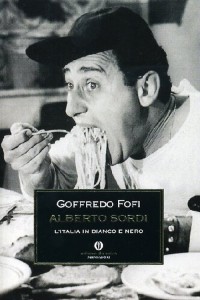

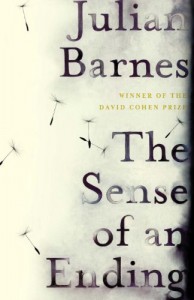
 ->
-> 
 ->
-> 
 ->
-> 
 ->
-> 
 ->
-> 
